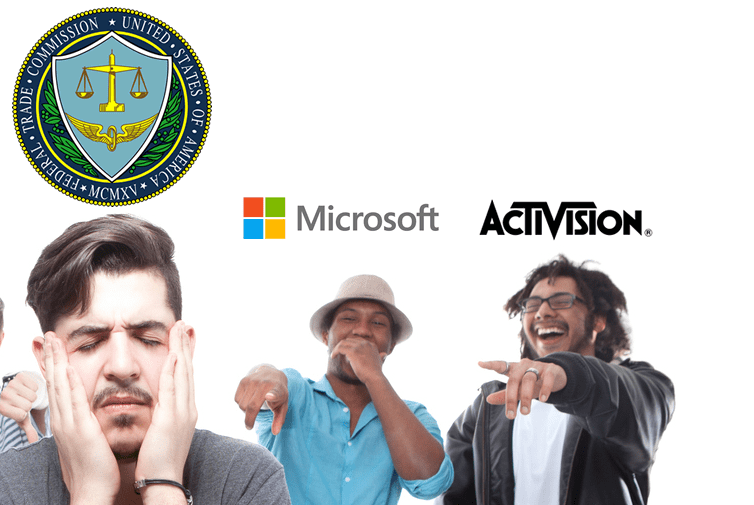Microsoft announced in January 2022 that it would buy Activision Blizzard, the publisher of well-known video game series like Call of Duty, World of Warcraft, and Candy Crush. The $68.7 billion transaction would establish the third-largest gaming firm in the world.
In December 2022, the Federal Trade Commission (FTC) filed a lawsuit to stop the acquisition, claiming that it would lessen competition in the video game sector. The FTC said that Microsoft would be able to increase prices, decrease innovation, and make it more challenging for other developers to compete by using its market power.
On July 11, 2023, a federal judge in San Francisco rejected the FTC’s request for a preliminary injunction to halt the transaction. According to the judge, the FTC did not provide evidence that the deal would likely hurt competition. The FTC has declared that it will challenge the judgment.
One of the biggest and most divisive mergers in recent years is the one involving Microsoft and Activision. The outcome of the FTC’s appeal will have a big impact on how the video gaming industry develops in the future.
The following are some important points about the Microsoft-Activision agreement and the FTC’s function:
- The FTC’s main concern is that the deal would give Microsoft too much control over the video game market. Microsoft already owns the Xbox gaming console and the popular game streaming service Xbox Game Pass. If the deal were to go through, Microsoft would also own Activision Blizzard, which publishes some of the most popular video games in the world, such as Call of Duty, World of Warcraft, and Candy Crush.
- The FTC argued that Microsoft could use its market power to raise prices, reduce innovation, and make it more difficult for other developers to compete. For example, Microsoft could make it more expensive for people to play Activision Blizzard games on other consoles or streaming services. Or, Microsoft could make it more difficult for other developers to create games that compete with Activision Blizzard’s games.
- The federal judge who denied the FTC’s request for a preliminary injunction found that the FTC had not shown that the deal was likely to harm competition. The judge noted that there are still many other major players in the video game market, such as Sony, Nintendo, and Tencent. The judge also noted that Microsoft has said that it would not make Activision Blizzard games exclusive to the Xbox console.
- The FTC has said that it will appeal the decision to the 9th Circuit Court of Appeals. The appeal is likely to take several months, and it is not clear how the court will rule.
- The outcome of the FTC’s appeal could have a significant impact on the future of the video game industry. If the deal is allowed to go through, Microsoft would become an even more powerful player in the market. This could lead to higher prices, less innovation, and fewer choices for consumers. However, if the deal is blocked, it could set a precedent for preventing other large mergers in the tech industry.





